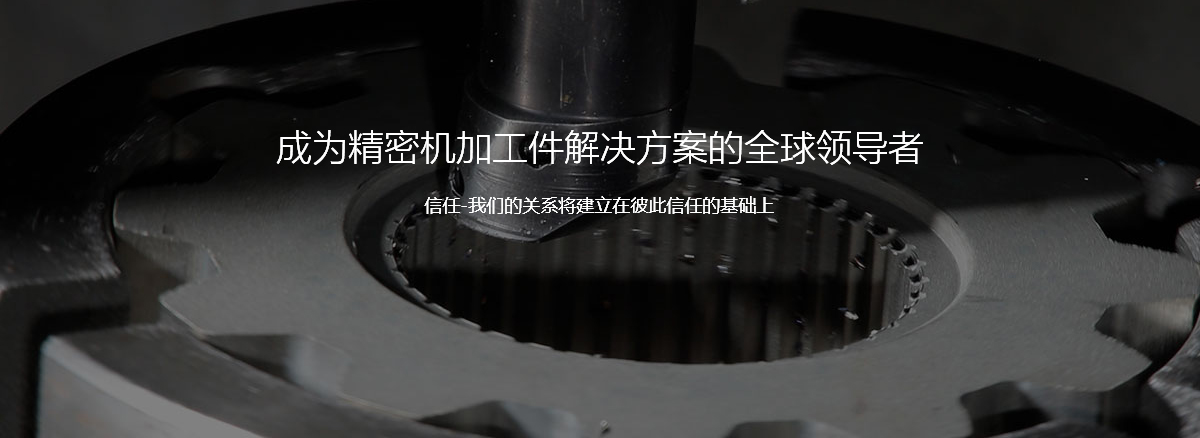In the mechanical operation process of CNC machining centers, errors are inevitable. To ensure work efficiency, reduce material waste, and reduce labor, it is necessary to ensure and improve machining accuracy. So, what are the methods to improve the accuracy of CNC machining centers?
Original error compensation method: artificially create a new type of error to offset the original error in the process system. When the original error is negative, the human error is taken as positive, and vice versa. The application of CNC machining technology not only brings revolutionary breakthroughs to the control manufacturing industry, but also seeks outstanding researchers and research technologies from around the world in hardware processing, Significantly improved the structure and labor production level of all Midea products.
Original error transfer method: Under certain conditions, the original error of the process system can be transferred to the non sensitive direction of processing error or other aspects that do not affect processing accuracy. For example, when the accuracy of the machine tool cannot meet the requirements for part processing, methods can be found from the process or fixture to create conditions to transfer the geometric errors of the machine tool to areas that do not affect the processing accuracy.
Original error averaging method: If the positioning error is large, a method of dividing certain original errors can be adopted. It is to divide the original error into n groups according to its size, and reduce the error range of each group to 1/n of the original, and then adjust the processing according to each group.
Original error reduction method: If errors are found during production, the main factors that affect processing errors should be identified first, and then methods should be found to eliminate or reduce these factors. For example, when machining parts with curved surfaces, the main focus is to reduce the shape error of the forming tool and the installation error of the tool.
Original error homogenization method: For parts with high machining accuracy requirements, the homogenization method can be adopted. It is to use closely related surfaces to compare each other, identify differences from the comparison, and then perform mutual correction or benchmark processing to continuously reduce and equalize the errors of the machined surfaces of the workpiece.


